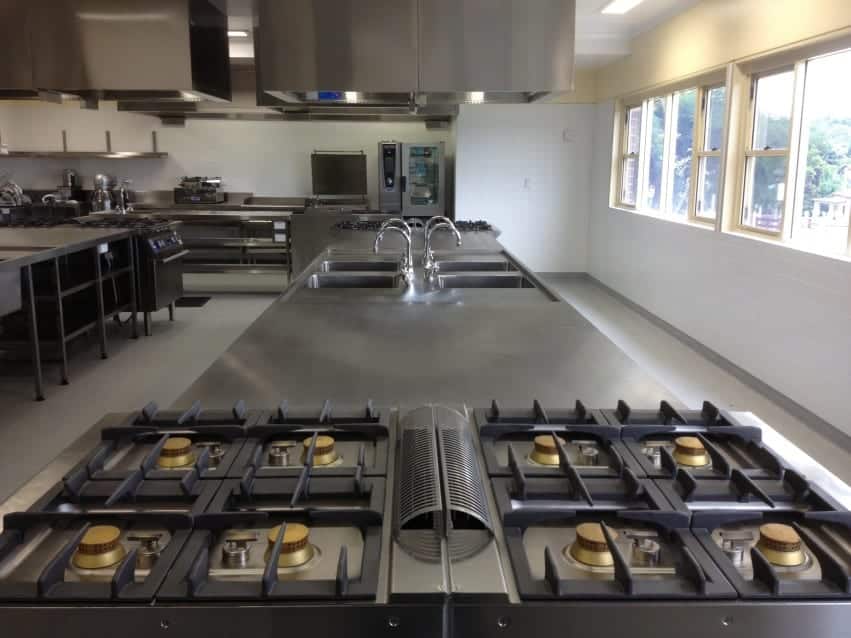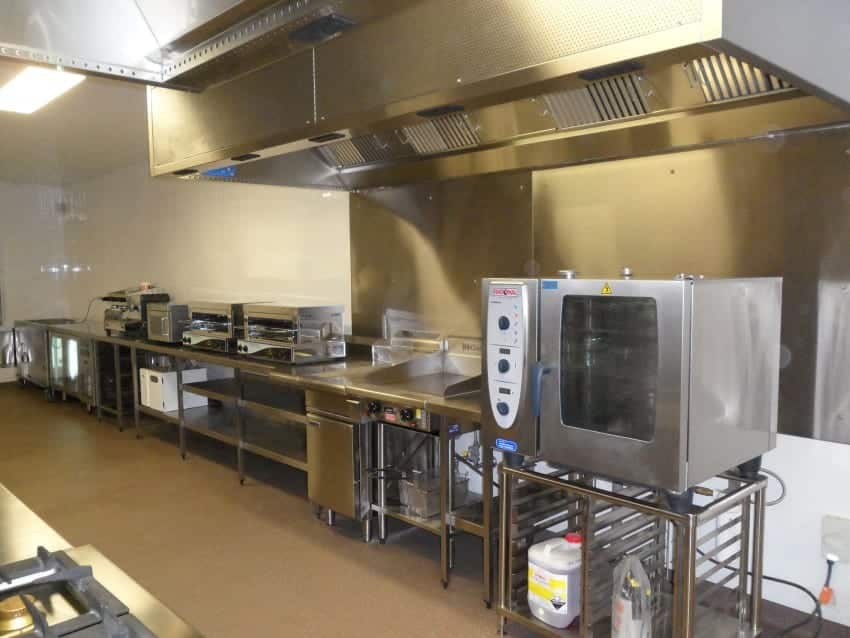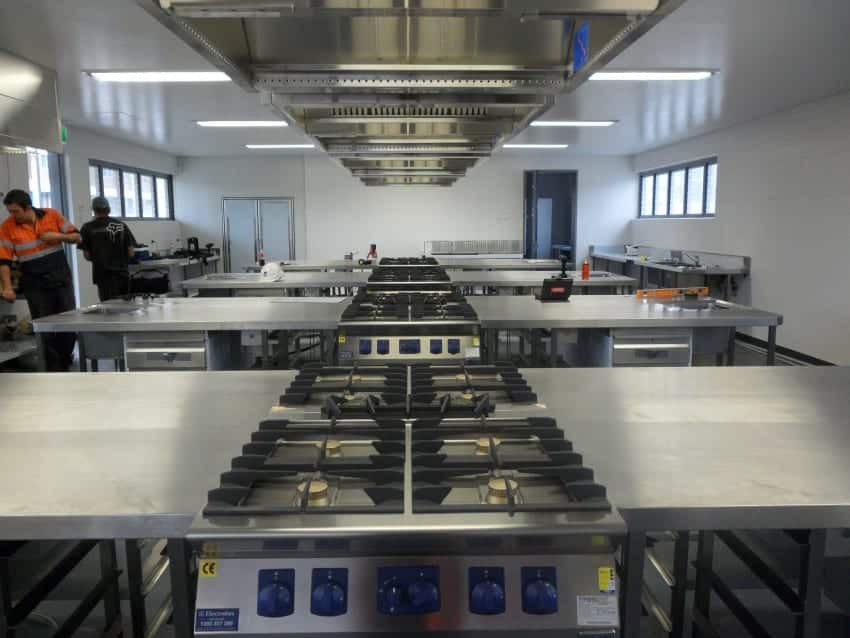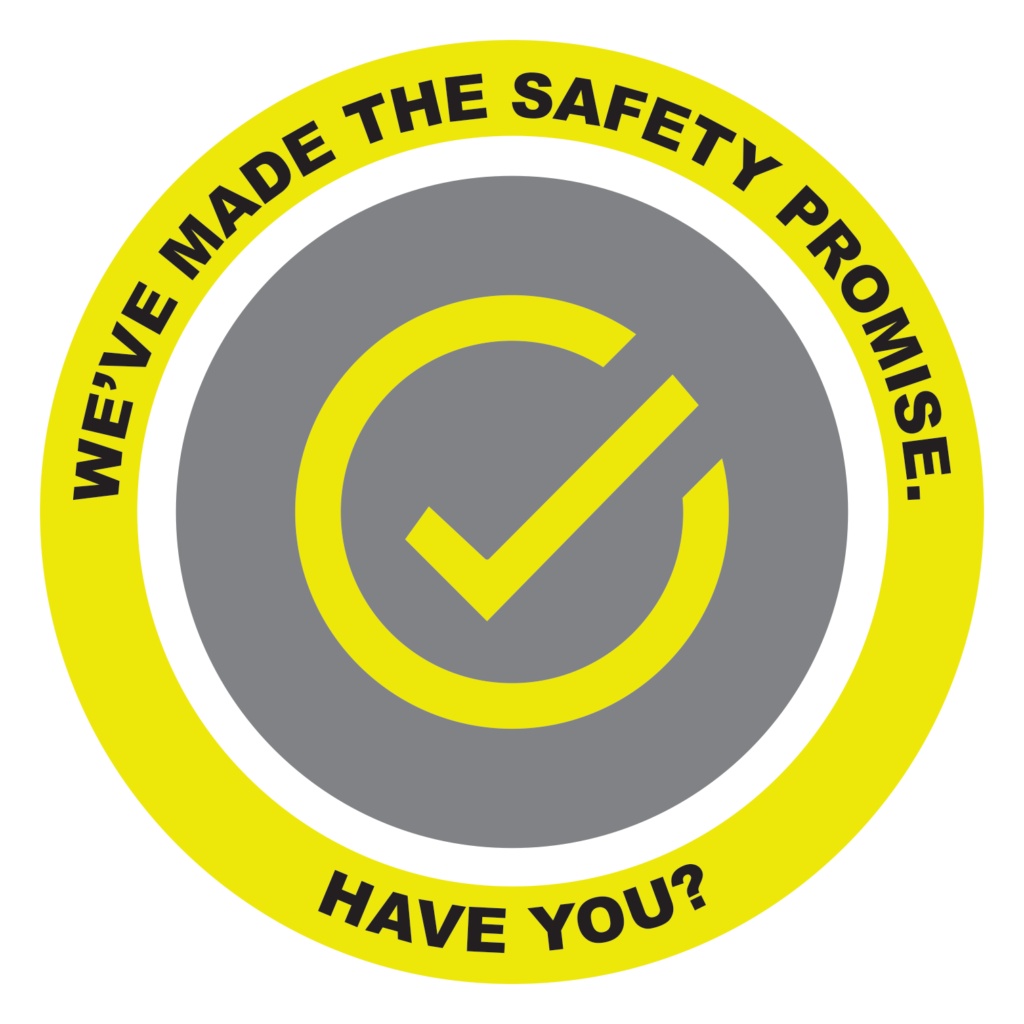If you run or own a restaurant, café, eatery or pub, you’ll know that the beating heart of the business is its people and its kitchen but, if your business has been open for some time, there are lots of reasons why you might want to upgrade your kitchen equipment, such as business expansion, a change in the style of food that will be offered, or the fact that your equipment is already failing.
You may find that only one or two appliances need attention, or you may be in the situation where a total refit is in order. Either way, you are likely to be aware of these reasons already but be unsure of the right time to upgrade your restaurant equipment.
Upgrade? or Hold Off?
You might initially want to hold off on splashing the cash, especially in these uncertain times. Your cash flow is likely to have been impacted by decreased footfall, which means that the percentage of your income taken up by running costs may have drastically increased (even if takeaway or food delivery services have become a life-line over the past year).
The fact remains, however, that the heart of any food business is the food itself and the kitchen in which it is produced – no kitchen, no business. So, if you are worried about your current equipment or are already experiencing problems with appliances, then it is probably time to make arrangements, in order to keep afloat. Yes, you can likely put off that total refurbishment until your customer base returns, once this pandemic is over, but no, you can’t wait for too long.
Short term solutions – existing kitchen equipment
If you really cannot spend on equipment right now, there are ways to positively impact your existing equipment without breaking the bank.
- Maintenance
Scheduling maintenance with a well-respected local company who specialise in the supply, installation and maintenance of catering equipment, such as Coles Refrigeration & Air Conditioning (based in Newcastle, NSW), is the best way to get the most out of your existing equipment. All electrical equipment will last much longer if it is regularly serviced, especially commercial equipment, because it is used to such a high degree every day.


- Second-Hand Appliances
Another way to save in the short term is to consider purchasing used commercial kitchen equipment. Second-hand commercial kitchen appliances generally do not have much mileage behind them, so you’re not likely to be sacrificing on durability, and the quality of a brand will stand the test of time with equipment too. The downside is that older equipment generally needs more servicing.
- Leasing
Leasing kitchen equipment is cheaper than purchasing, of course, but only in the short term. If you keep the lease going for extended periods of time, then you will likely be better off taking out a business loan and buying your own equipment instead. It’s better to spend the money on items you will own rather than ones you will have to return when the lease ends.
- Upgrading Electrical Items Only
Old kitchen equipment attracts added costs, such as maintenance costs, higher electricity bills (older equipment tends to be less energy efficient), costs incurred when equipment fails and also the risk of lower quality food output, which can affect customer experience and prompt poor reviews that can further decrease footfall.
However, older shelves, crockery or cutlery won’t incur as many extraneous costs. This means that a great way to reduce costs is to only upgrade necessary electrical appliances. The rest can wait until your cash flow is back to normal.


Looking at the bigger picture – new kitchen equipment
New kitchen equipment offers many benefits, including considerations that you might not have thought of, such as:
- Greater energy efficiency
New equipment uses improved technology to increase electrical efficiency, which lowers power bills.
- Improved food quality
The quality of your food is closely related to the quality of your equipment (as well as your staff) and new technology also brings new possibilities to your menu.
- Improved work efficiency
New equipment means less break downs, more automated kitchen tasks, faster completion of tasks and even improved morale – we all love new work tools and appliances.
- Reduced maintenance costs
New kitchen or restaurant appliances require less frequent scheduled servicing and break down less often than old or used ones.
- Increased perceived value for customers and stakeholders
If your kitchen uses newer, better equipment, then your investors, your team and all your other stakeholders will understand the value that comes with them. Furthermore, your guests will physically see the benefit if you have, or want to have, an open kitchen.


- Increased capital wealth
When you consider your kitchen appliances as an asset that brings in money, you will be able to show the bank or potential investors that you’re increasing the inherent value of the business as opposed to building up costs. Also, the equipment enables you to produce the most important aspect of any food business: the food itself.
New kitchen appliances for commercial kitchens are best sourced from reputable catering equipment suppliers, such as Coles Refrigeration & Air Conditioning. Coles also specialise in the supply, install and maintenance of commercial refrigeration and air conditioning systems, meaning most of your food business’s refrigeration and catering equipment needs can be conveniently handled by a single company.
Financing new equipment
If your kitchen appliances need attention and your business is in a positive cash flow position, or has recently attracted new investors, purchasing new equipment may well be your best option (with investor agreement, of course). This is not often the case for the majority of restaurants, cafés, eateries, and pubs.
The more likely option here is to apply for financing instead. Yes, your bank can help you, but reputable and well-established catering equipment suppliers may also offer finance. Coles Refrigeration & Air Conditioning offers interest free finance options that are quick and easy to set up, with flexible repayment choices, to assist businesses looking to upgrade their catering equipment.
Buying new equipment
The final decision is up to you, but here are some things to consider when buying new equipment:
- What equipment needs to be purchased first?
- What is your budget?
- How old is the existing item and how long will the replacement last?
- What warranties are available on new equipment?
- Is the appliance necessary?
- Can the job be performed with alternative (perhaps cheaper) appliances?
Essentially, there are short-term ways to save money with kitchen equipment and medium- to long-term ways to make money with it. New equipment is the best way to capitalise on these opportunities, if you are able to afford it in the medium- to long-term, because as mentioned above, the money saved on second-hand equipment can be lost in maintenance and energy costs etc. While buying new equipment may seem like an expense, it is really an investment in assets.

Coles Catering Equipment is The Perfect One-Stop Shop
For any enquiries about new commercial kitchen equipment, commercial cooking equipment maintenance and servicing, or ways in which to finance purchasing new commercial kitchen appliances, contact Coles Refrigeration, Air Conditioning & Catering Equipment. We can also help your business find superb solutions for your refrigeration and air conditioning needs in Newcastle, NSW.
For more information, call us on 02 4957 0221, request a free quote or send us a message via our online contact form, or visit our showroom at 139 Lambton Road, Broadmeadow, NSW, 2292. Alternatively, take a look at our 24/7 online store to view our range of catering equipment at your leisure.



